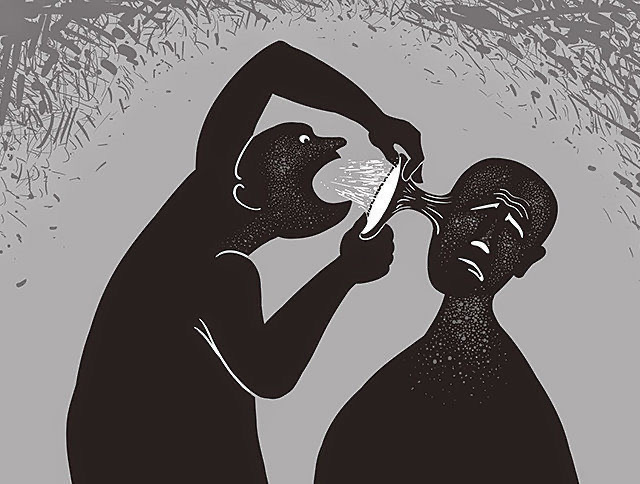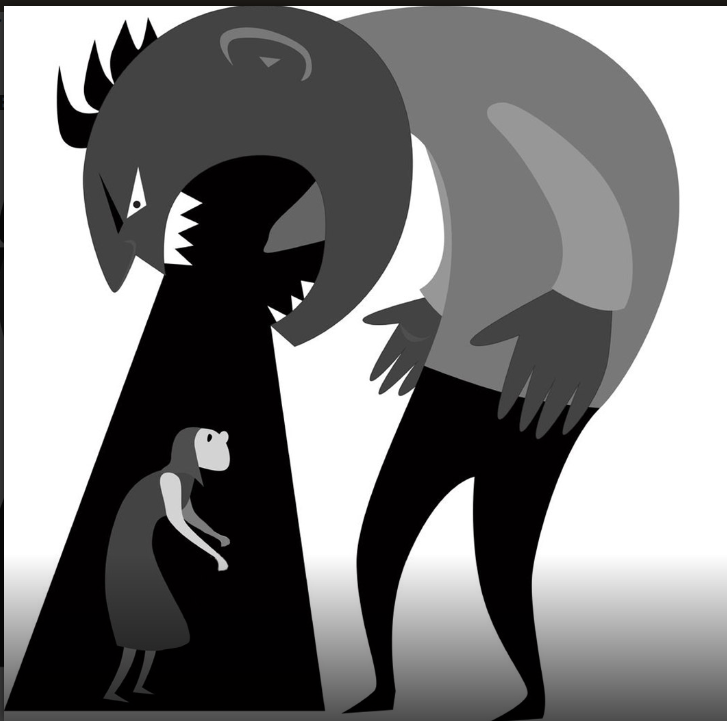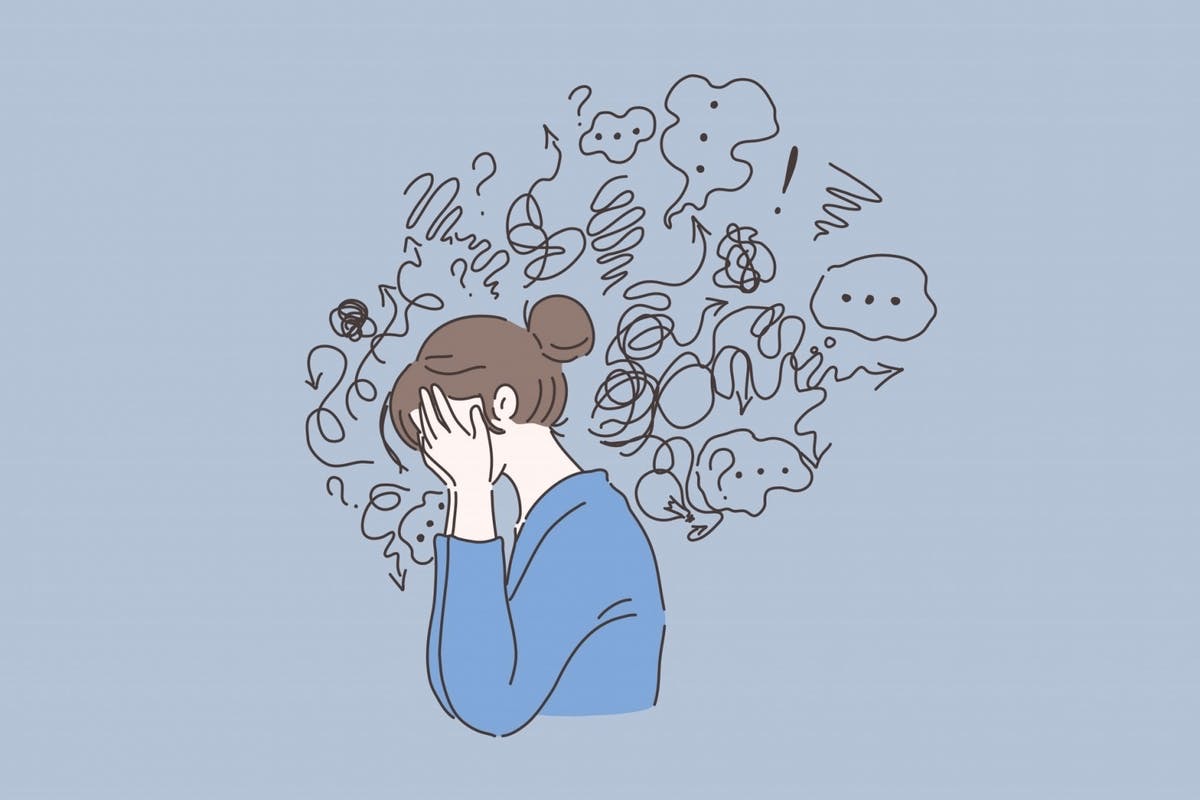Last March, at the height of the Covid-19 pandemic, immediate lockdowns were implemented nationwide to help stop the spread of the virus. Suddenly, our diverse lives were put on pause with the hope of quickly gaining control over the disease. But as we all know 2 days of lockdown, morphed into 2 weeks, then 3 weeks, and before we knew it, we’d been in lockdown for a month with no end in sight. For nearly every American this sudden lockdown came with a plethora of consequences. Unemployment went up, as well as domestic violence. Meanwhile, college students across the country on spring break were forced to quickly return to their schools and pack everything. Anxieties over food insecurity, and housing just some of the concerns voiced by students. For those with ‘homes’ to return to, the thought of quarantining with family wasn’t an ideal situation for everyone. Many students expressed concerns and fears over being in a confined environment with family members they deemed as ‘toxic.’ Abusive behaviors such as manipulation, gaslighting, and shaming threatening to destabilize the mental health of said students.
The term gaslighting has become quite popular in recent years as a catch-all phrase to describe toxic behavior. But what is gaslighting exactly? According to Psychology Today, Gaslighting is a manipulation tactic in which a person or entity, in order to gain more power, makes a victim question their reality. Although the language sounds harsh, gaslighting is unfortunately far more common than we may think. It’s likely that we ourselves may have been the victim or perpetrator of gaslighting. Depending on our upbringing and background, it’s easy to fall prey to its lies, especially when it’s coming from someone we love.
We’ve all been there. Stuck at home and your parents are driving you crazy. It’s normal to want space from your parents, and even butt heads on occasion, it’s not ok to feel fearful or anxious to be around your parents. While parenting is far from easy, protecting the emotional health of your child is one of its fundamentals. Most parents want what’s best for their children, but there’s a stark difference between guiding and shaming. Some parents engage in gaslighting without knowledge of how their words or behavior is impacting their child.
 If you find yourself struggling with being back at home, you’re not alone. Gaslighting is a serious and toxic behavior that many people are finding themselves being subjected to during this time. The best way to combat this behavior from your parents is to primarily love yourself. Let’s face it, many of our parents are not open to criticism, especially not from their child. If you suspect your parent is intentionally or unintentionally gaslighting you then protect your self-worth by reciting affirmations, engaging in self-talk, and if possible talking to a therapist. If you do feel you have a relationship with your parents where you can talk to them about their toxic behavior then do so. Remember to ‘call-in’ instead of ‘call-out’, it will allow you to hold a conversation that feels less like an attack and more like an open dialogue. However, if at any point the gaslighting is having a detrimental impact on your mental or physical health then leave the environment immediately. Your well being is too important to risk staying in such an environment.
If you find yourself struggling with being back at home, you’re not alone. Gaslighting is a serious and toxic behavior that many people are finding themselves being subjected to during this time. The best way to combat this behavior from your parents is to primarily love yourself. Let’s face it, many of our parents are not open to criticism, especially not from their child. If you suspect your parent is intentionally or unintentionally gaslighting you then protect your self-worth by reciting affirmations, engaging in self-talk, and if possible talking to a therapist. If you do feel you have a relationship with your parents where you can talk to them about their toxic behavior then do so. Remember to ‘call-in’ instead of ‘call-out’, it will allow you to hold a conversation that feels less like an attack and more like an open dialogue. However, if at any point the gaslighting is having a detrimental impact on your mental or physical health then leave the environment immediately. Your well being is too important to risk staying in such an environment.
 Dealing with toxic behavior in parents is tricky for a number of reasons, but has become even trickier in the face of the pandemic. With soaring unemployment rates and political and civil unrest, emotions are running high. Something that typically wouldn’t have been that big a deal could now elicit an explosion of emotions from a parent which can be a lot to deal with. But remember it’s never a crime to advocate for yourself. You are important and your mental health matters.
Dealing with toxic behavior in parents is tricky for a number of reasons, but has become even trickier in the face of the pandemic. With soaring unemployment rates and political and civil unrest, emotions are running high. Something that typically wouldn’t have been that big a deal could now elicit an explosion of emotions from a parent which can be a lot to deal with. But remember it’s never a crime to advocate for yourself. You are important and your mental health matters.



